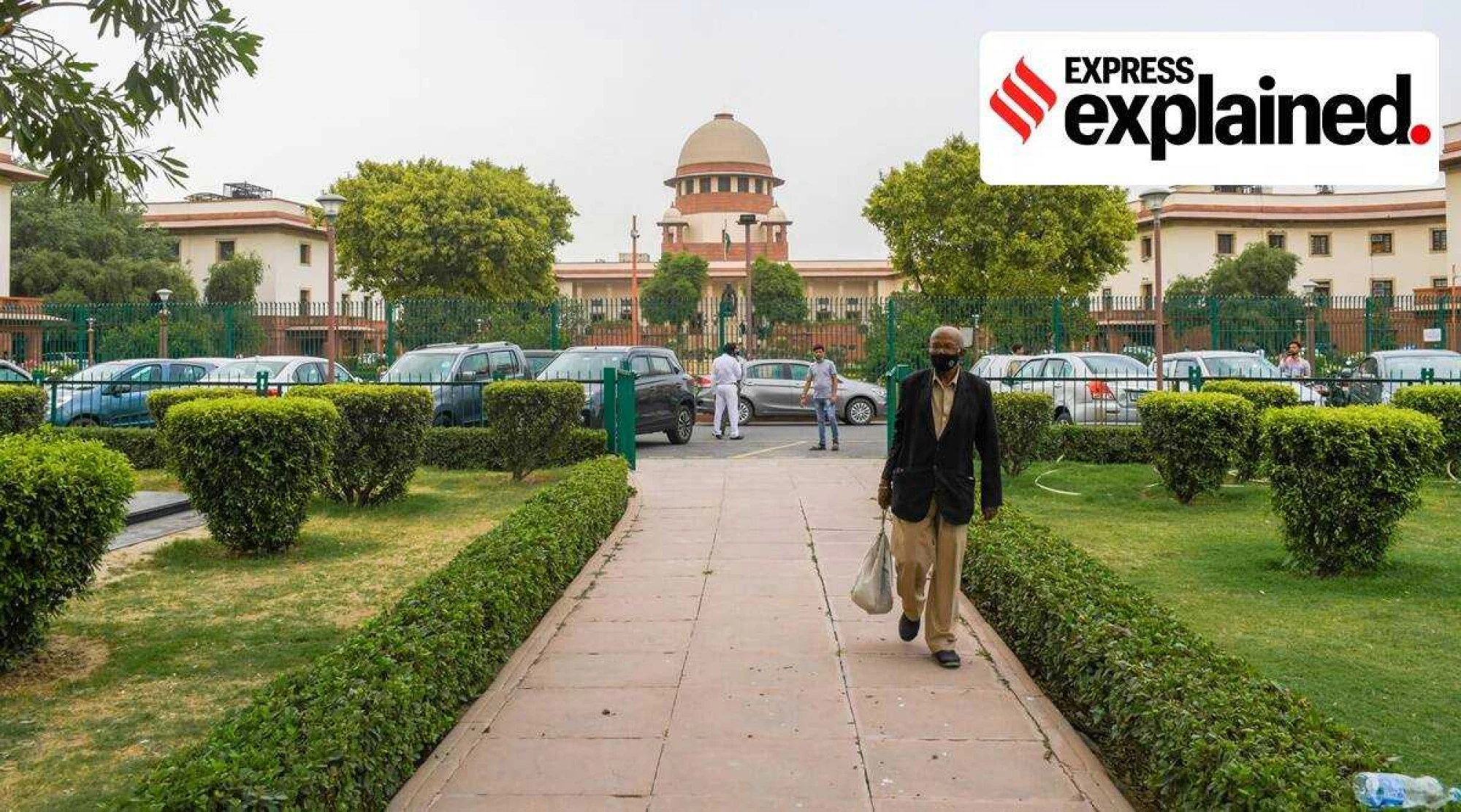Issues before the Supreme Court in EWS quota case: background and analysis | Explained News,The Indian Express

The only problem faced by children and young people of Socially Advanced Castes who are genuinely poor is that they are not able to afford education to the fuller level for want of financial capacity.
A quota for the economically backward has long been demanded and debated. In January 2019, after the Union Cabinet cleared the 10 per cent quota for EWS, P S Krishnan, one of the most eminent authorities on the subject explained for The Indian Express the constitutional and social basis for reservations. Krishnan passed away in November 2019. This is his January 2019 article for Explained, republished without changes. It contains valuable perspective on many of the issues that are now under consideration in the Supreme Court. The original article was headlined: ‘Quota for poor: Constitutional and social issues, implications‘.
The decision of the Union Cabinet to provide reservation of 10% for “economically weaker sections of the people who are not covered by any of the existing schemes of reservation” and to bring in amendments to Articles 15 and 16 of the Constitution for this purpose has to be examined from the point of view of social realities and Constitutional provisions.
It is a fact that there are poor individuals even among the Socially Advanced Castes (SACs), i.e., the non-Scheduled Castes (SCs), non-Scheduled Tribes (STs) and non-Socially and Educationally Backward Castes (SEdBCs). They too do need help. The issue is what is the specific problem they face, and what is the appropriate Constitutionally sustainable solution for it.
The relevant Constitutional provisions stand on two legs, which are mutually supportive. On the one hand, there is the principle of Equality, which prohibits the State from discrimination against any citizen on grounds only of religion, race, caste, sex, place of birth or any of them under Article 15(1), and guarantees “equality of opportunity for all citizens in matters relating to employment or appointment to any office under the State” under Article 16(1), in addition to prohibition against discrimination against any citizen on the same grounds as in Article 15(1), specifically with respect to employment or appointment under the State.
https://indianexpress.com/article/explained/issues-before-sc-ews-quota-case-8168942/
Rating: 5